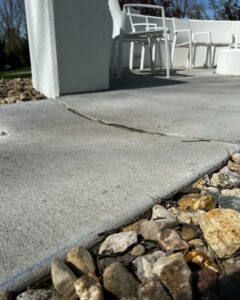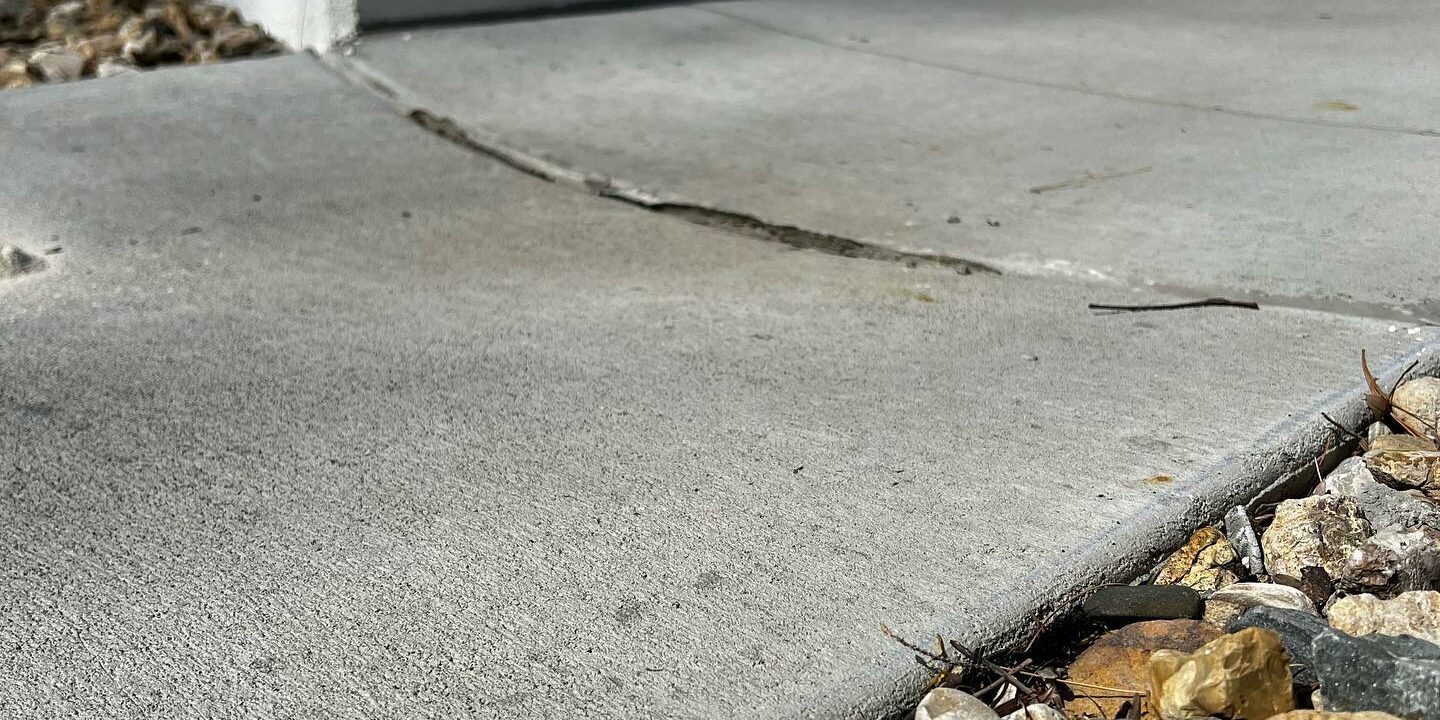Concrete is an extremely durable and strong material, but it is not immune to damage. If left untreated, concrete damage can lead to further problems and potentially costly repairs. Understanding the top causes of concrete damage and how to prevent them can help you maintain the integrity of your concrete structures and avoid costly repairs. In this blog post, we will explore the top causes of concrete damage and provide tips on how to prevent them.
- Freezing and Thawing
One of the leading causes of concrete damage is the freeze-thaw cycle. When water gets into small cracks in the concrete and freezes, it expands and creates larger cracks. This can weaken the concrete and cause it to break apart over time. To prevent this, make sure to properly seal any cracks and joints in your concrete structures. Additionally, ensure proper drainage to prevent water from pooling on the surface.
- Chemicals
Chemicals such as oil, gasoline, and deicing salts can cause damage to concrete surfaces. These substances can penetrate the surface and weaken the concrete. To prevent this, make sure to clean up any spills as soon as possible and use sealers to protect the surface.
- Corrosion

Reinforcing steel within the concrete can corrode over time, causing the concrete to crack and crumble. This can occur due to exposure to moisture, oxygen, and chloride ions. To prevent this, ensure proper drainage and ventilation to prevent moisture buildup, and use corrosion inhibitors to protect the reinforcing steel.
- Overloading
Concrete structures are designed to support a certain amount of weight. Overloading the structure can cause cracks and even collapse. To prevent this, ensure that the structure is designed to handle the intended weight, and avoid placing heavy objects on unsupported areas.
- Erosion
Erosion can occur due to water and wind exposure. This can cause the surface of the concrete to wear away, leading to further damage. To prevent this, ensure proper drainage and use sealers to protect the surface from exposure to the elements.







